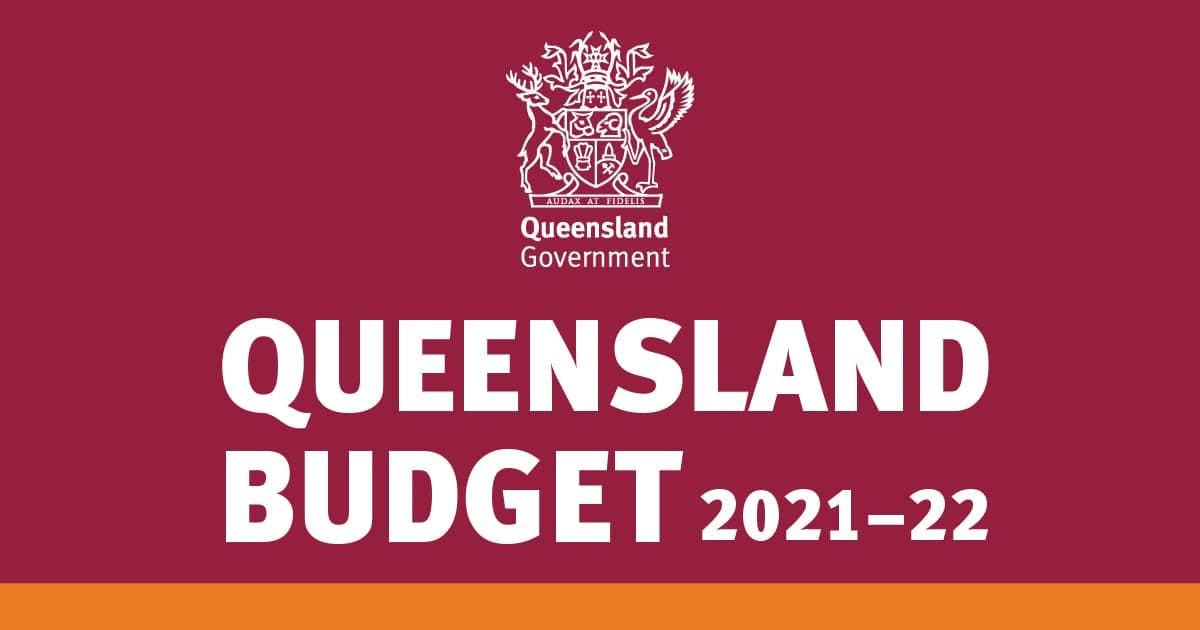The Insurance Council of Australia (ICA) slammed the Queensland government’s 2021-22 budget for failing to prioritise protecting Queenslanders from extreme weather disasters.
The ICA criticised the $10 million allocations for household resilience and mitigation measures, saying it was a missed opportunity to safeguard Queensland insurers from natural hazards.
“With just $3 million to be spent on new household resilience funding in 2021-22, the Queensland Budget has failed to confront the enormity of the challenge to make Queensland homes and businesses more resilient to natural disasters,” ICA said in a statement.
Household Resilience Program
Insurance Council of Australia (ICA) CEO Andrew Hall urged the Queensland government to take advantage of the federal government’s initiative to upgrade strata structures for home and business owners under the Resilience Program.
“The Federal Government’s recent allocation of $600 million for mitigation programs and $40 million to make strata buildings in northern Australia more resilient unlocks significant partnership investments with the states,” Hall said.
“Queensland should be looking to maximise these opportunities.”
“More resilient communities, businesses, and households mean less disruption to life and faster recovery after a major natural disaster,” he concluded.
The three-year-old Household Resilience Program focuses on disaster resilience for Queensland’s infrastructure prone to cyclone attacks by funding qualifying home and business owners in Queensland’s coastal areas to improve their home’s strength.
Taxation snags to continue
Hall said that the ongoing failure to address stamp duty on insurance means underinsurance will continue to be a problem in the state that is most vulnerable to natural disasters.
“On the revenue side, stamp duty on insurance remains a retrograde measure that numerous inquiries and reviews have found leads to household underinsurance or non-insurance.”
“The ICA urges all state and territory governments to advance tax reform and remove stamp duty on insurance products to increase insurance affordability for all Australians,” Hall said.
In April this year, the insurance council criticised the NSW Government’s stamp duty reform proposals for failing to include the abolition of taxes on insurance products.
“Taxes on insurance premiums also impact on housing affordability because once a home is purchased residents still have to pay taxes on top of their premium each year to insure their new home and principal financial asset.
“As a result of this tax burden many homeowners may choose to underinsure their home, or not to insure it at all, leaving them less financially resilient and less able to recover from natural disasters,” the Insurance Council said.
Fresh budget for SMEs
The 2021–22 Budget provides for a $140 million investment to support small businesses. This includes $100 million for a Business Investment Fund (BIF), support for the establishment of a permanent Queensland Small Business Commissioner, and $30 million for grants and other small business support.
The other funding introduced in the budget is the Queensland Resilience and Risk Reduction Fund to provide additional natural disaster resilience and mitigation funding with an estimated expenditure of $14.4 million in 2021-22.
Another support fund is the $20 million Queensland Betterment Fund, co-funded by the Federal Government which aims to lower the cost of the future restoration of public assets damaged by natural disasters.
The first government investments in the BIF are due in mid-2021. The fresh budget also allocated $71 million to support the Queensland screen industry, which includes:
- $53 million to continue the Screen Queensland Production Attraction Strategy
- $10 million for the Post, Digital and Visual Effects incentive
- $4 million for the Screen Finance Program
- $4 million for a North Queensland Regional Program
- $7 million has been allocated to support the live music industry in 2021–22
Keep up to date with our stories on LinkedIn, Twitter, Facebook and Instagram.

